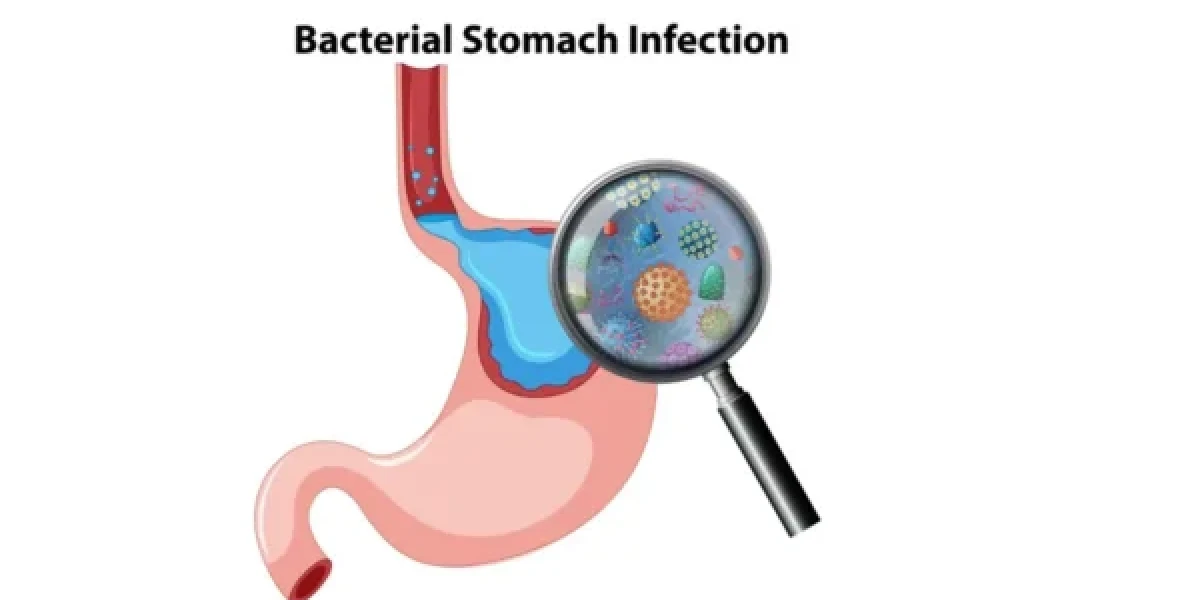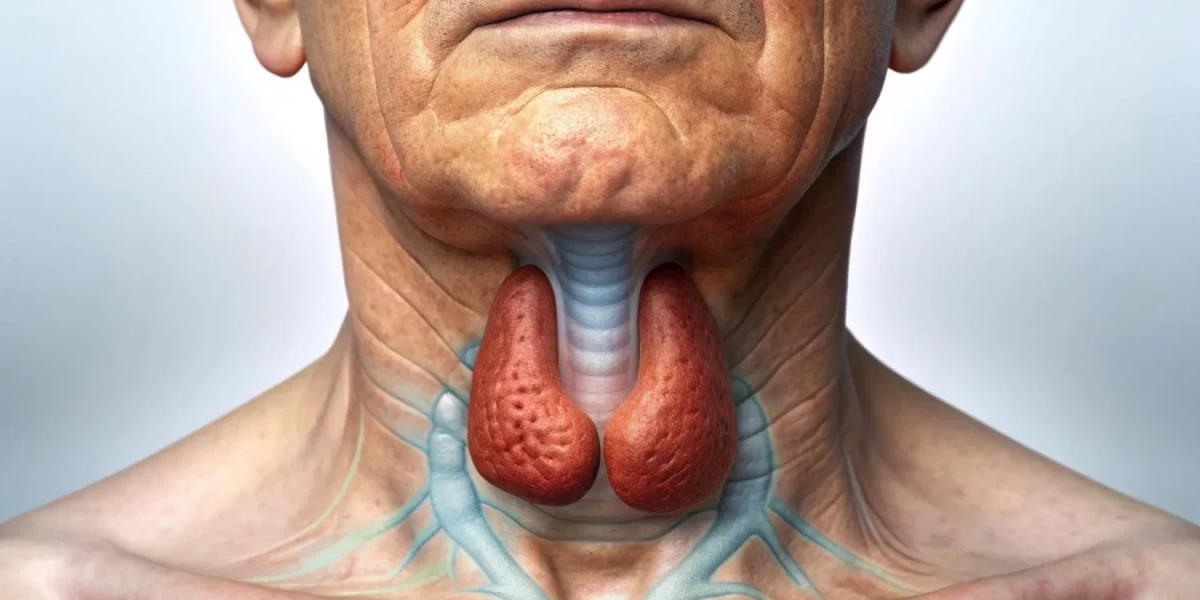IBD . .
In the realm of gastrointestinal disorders, Inflammatory Bowel Disease (IBD) is a term that often surfaces. It's a condition that affects millions of people worldwide, causing discomfort and sometimes severe health issues. In this article, we will explore IBD comprehensively, delving into its symptoms, causes, diagnosis, the importance of blood tests, treatment options, and strategies for managing this challenging condition.
Introduction to IBD
Inflammatory Bowel Disease, or IBD, is a group of disorders characterized by chronic inflammation of the digestive tract. The two most common forms of IBD are Crohn's Disease and Ulcerative Colitis. These conditions can be debilitating and have a significant impact on a person's quality of life.
Understanding IBD: Inflammatory Bowel Disease
IBD is a chronic condition that involves inflammation in the gastrointestinal tract. This inflammation can affect various parts of the digestive system, from the mouth to the anus. It leads to a range of distressing symptoms that can vary in intensity.
Types of Inflammatory Bowel Disease
Crohn's Disease
Crohn's Disease is a type of IBD that can affect any part of the digestive tract, from the mouth to the anus. It causes inflammation not only on the surface but also deep within the tissues, resulting in symptoms like abdominal pain, diarrhea, and weight loss.
Ulcerative Colitis
Ulcerative Colitis is primarily limited to the colon and rectum. It causes ulcers and inflammation in the lining of the colon, leading to symptoms such as bloody stools, frequent bowel movements, and abdominal pain.
Common Symptoms of IBD
The symptoms of IBD can be quite varied, but some common signs include:
What Causes IBD?
The exact cause of IBD is not fully understood, but several factors are believed to contribute to its development, including genetic, environmental, and immune system factors.
Genetic Factors
There is a genetic component to IBD, as it tends to run in families. Individuals with close relatives who have IBD are at a higher risk of developing the condition.
Environmental Factors
Environmental factors, such as diet, smoking, and exposure to certain infections, may play a role in triggering IBD.
Immune System
An overactive immune system is thought to contribute to the development of IBD. In individuals suffering from IBD, the immune system inaccurately assaults the digestive tract.
Diagnosing IBD
Diagnosing IBD can be challenging and often requires a combination of medical history, physical examination, laboratory tests, endoscopy, and imaging.
Medical History
Your doctor will inquire about your symptoms, family history, and any previous gastrointestinal issues.
Physical Examination
A physical examination can reveal signs of IBD, such as tenderness or abdominal masses.
Laboratory Tests
Laboratory tests, including blood tests, stool tests, and other biomarker assessments, are essential for diagnosing IBD.
Endoscopy and Imaging
Endoscopic procedures and imaging, such as colonoscopy or MRI, allow doctors to visualize the inside of the digestive tract and look for signs of inflammation.
The Role of Blood Tests in IBD Diagnosis
Blood tests are a critical component of diagnosing IBD and monitoring the condition's progression. Several important blood tests consist of:
C-Reactive Protein (CRP) Test
CRP levels increase when there is inflammation in the body, making it a valuable marker for IBD diagnosis and flare-ups.
Erythrocyte Sedimentation Rate (ESR) Test
This test determines the erythrocyte sedimentation rate, which reflects the settling rate of red blood cells in a test tube and can be indicative of inflammation.
Complete Blood Count (CBC)
CBC helps evaluate overall health and detect anemia, a common complication of IBD.
Best Treatment Options for IBD
Managing IBD typically involves a combination of medications, dietary changes, and in some cases, surgery.
Medications
Medications such as anti-inflammatories, immunosuppressants, and biologics can help control inflammation and alleviate symptoms.
Diet and Nutrition
A tailored diet plan, along with nutritional supplements, can help manage IBD symptoms and promote healing.
Surgery
In more severe instances, surgical intervention might be required to excise compromised segments of the gastrointestinal tract.
Counteraction: Managing IBD Symptoms and Flare-ups
Living with IBD can be challenging, but there are strategies to help manage symptoms and reduce the frequency of flare-ups.
Lifestyle Changes
Making lifestyle changes like quitting smoking, reducing stress, and getting regular exercise can positively impact IBD.
Stress Management
Stress can trigger or exacerbate IBD symptoms, so stress management techniques are essential.
Supportive Therapies
Therapies like counseling and support groups can provide emotional and psychological support for individuals with IBD.
Living with IBD
Living with IBD can be challenging, but it's important to remember that with the right medical care and lifestyle adjustments, many individuals with IBD lead fulfilling lives. Support from healthcare professionals, family, and friends is crucial in managing this condition.
Conclusion
Inflammatory Bowel Disease is a complex and often perplexing condition. Its exact cause remains a mystery, but advancements in medical understanding and treatment options have significantly improved the lives of those affected by IBD. By recognizing the symptoms, seeking early diagnosis, and adhering to a tailored treatment plan, individuals with IBD can lead healthier, happier lives.
FAQs
1. What is IBD?
IBD stands for inflammatory bowel disease. It is a chronic inflammatory condition of the digestive tract. The two main types of IBD are Crohn's disease and ulcerative colitis.
2. What are the symptoms of IBD?
The symptoms of IBD vary depending on the type of disease and the severity of the inflammation. Common symptoms include:
- Abdominal pain and cramping
- Diarrhea
- Blood in the stool
- Fatigue
- Weight loss
- Fever
- Mouth sores
- Joint pain
3. What causes IBD?
The exact cause of IBD is unknown, but it is thought to be caused by a combination of genetic and environmental factors. People with a family history of IBD are more likely to develop the disease. Environmental factors that may trigger IBD include smoking, infections, and certain medications.
4. How is IBD diagnosed?
IBD is diagnosed through a combination of medical history, physical examination, and diagnostic tests. Diagnostic tests may include blood tests, stool tests, imaging tests, and colonoscopy.
5. Is there a blood test for IBD?
There is no single blood test for IBD. However, there are a number of blood tests that can be used to help diagnose IBD and assess the severity of the disease. These tests include:
- Complete blood count (CBC)
- C-reactive protein (CRP)
- Erythrocyte sedimentation rate (ESR)
- Fecal calprotectin
- Anti-neutrophil cytoplasmic antibodies (ANCA)
6. What is the best treatment for IBD?
There is no cure for IBD, but there are treatments available to manage the symptoms and prevent complications. Treatment options include:
- Medications: Medications that reduce inflammation and suppress the immune system are commonly used to treat IBD.
- Surgery: Surgery may be necessary in some cases to remove damaged sections of the digestive tract.
- Diet and lifestyle changes: People with IBD may need to make changes to their diet and lifestyle to manage their symptoms. These changes may include avoiding certain foods, eating small frequent meals, and getting enough rest.
7. What are the counteractions for IBD?
There are no specific counteractions for IBD. However, there are a number of things that people with IBD can do to manage their symptoms and prevent complications. These include:
- Taking medications as prescribed
- Following a healthy diet
- Getting enough rest
- Avoiding smoking and excessive alcohol consumption
- Managing stress
8. Can I live a normal life with IBD?
Yes, many people with IBD are able to live normal and productive lives. With proper treatment and management, most people with IBD are able to control their symptoms and prevent complications.
9. What are the long-term complications of IBD?
Long-term complications of IBD can include:
- Colon cancer
- Strictures (narrowing of the intestine)
- Malnutrition
- Osteoporosis
- Fistulas (abnormal connections between the intestine and other organs)
10. What are the latest advances in IBD treatment?
There are a number of new and emerging treatments for IBD. These treatments include:
- Biologic therapies: Biologic therapies are medications that target specific parts of the immune system. They have been shown to be effective in treating both Crohn's disease and ulcerative colitis.
- Small molecule therapies: Small molecule therapies are oral medications that work by targeting specific molecules involved in the inflammatory process. They are still in development, but early results have been promising.
- Fecal microbiota transplantation (FMT): FMT is a procedure in which stool from a healthy person is transplanted into the intestine of a person with IBD. FMT has been shown to be effective in treating some cases of ulcerative colitis.
11. Can IBD be cured?
IBD is a chronic condition, and while it can be managed effectively, there is no known cure. Treatment focuses on symptom control and improving the patient's quality of life.
12. Are there any natural remedies for IBD?
While some individuals find relief through dietary changes and natural remedies, it's essential to consult with a healthcare professional before making significant alterations to your treatment plan.
13. How does IBD affect daily life?
IBD can have a significant impact on daily life, causing pain, discomfort, and lifestyle adjustments. However, with proper management, many individuals with IBD lead fulfilling lives.
14. Is IBD hereditary?
There is a genetic component to IBD, meaning it can run in families. Having a family member with IBD increases your risk of developing the condition.
15. Can children develop IBD?
Yes, IBD can affect individuals of all ages, including children. It is essential to seek medical care and support if a child exhibits symptoms of IBD.
Important Notice:
The information provided on “health life ai” is intended for informational purposes only. While we have made efforts to ensure the accuracy and authenticity of the information presented, we cannot guarantee its absolute correctness or completeness. Before applying any of the strategies or tips, please consult a professional medical adviser.













